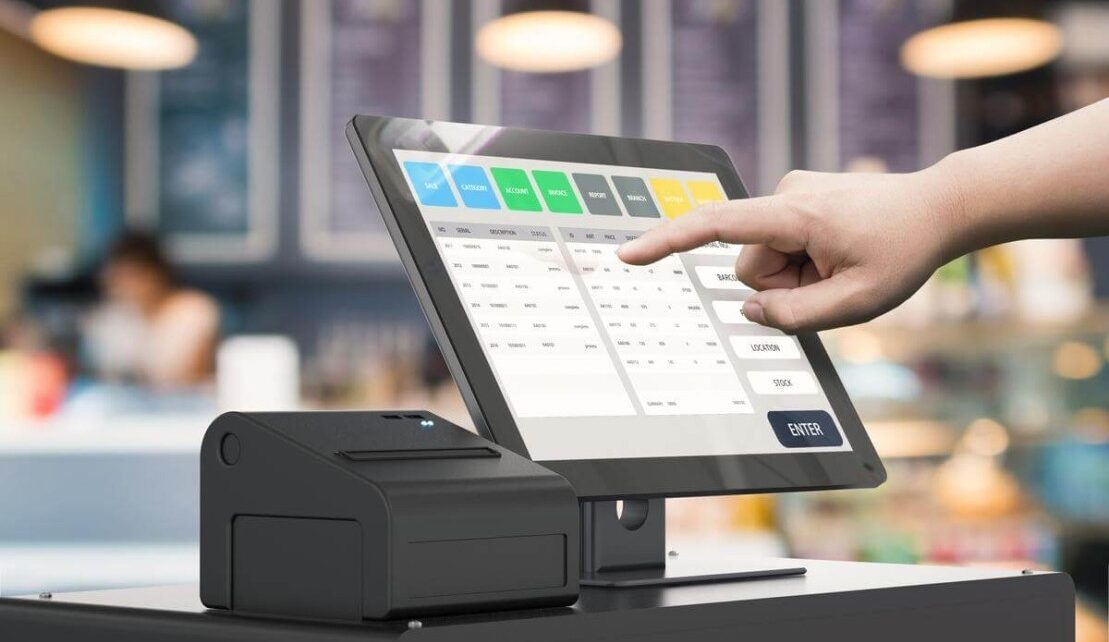Retail is undergoing a seismic shift, driven by technological breakthroughs and evolving consumer expectations. At the heart of this transformation lies the point-of-sale (POS) system, an unsung hero in the retail ecosystem.
If you’re a retail manager, a small business owner, or a tech enthusiast, understanding the impact of modern POS systems on retail operations is pivotal.
The Changing Landscape of Retail Operations
The retail industry has experienced dramatic changes in recent years. With the rise of e-commerce, omnichannel shopping, and digital payments, traditional retail operations have faced immense pressure to adapt. Consumers now demand seamless, personalised shopping experiences, both online and offline. Retailers who fail to meet these expectations risk losing market share to more agile competitors.
This is where modern POS systems come into play. Integrating various retail functions, from inventory management to customer relationship management (CRM), these systems provide a unified platform that enhances operational efficiency and customer satisfaction.
Understanding the Role of Modern POS Systems
Modern POS systems are far more than just tools for processing transactions. They serve as the backbone of retail operations, enabling businesses to streamline their processes and make data-driven decisions. These systems integrate hardware and software components to manage sales, inventory, customer data, and more.
One of the key advantages of modern POS systems is their ability to provide real-time insights. Retail managers and business owners can access up-to-the-minute data on sales performance, inventory levels, and customer preferences. This information is invaluable for making informed decisions that drive business growth.
Key Features that Transform Retail Operations
Modern POS systems offer a range of features that are revolutionising retail operations. Here are some key examples:
Inventory Management
One of the most critical features of modern POS systems is their inventory management capabilities. Traditional methods of manually tracking stock levels are time-consuming and prone to errors. Modern POS systems automate this process, providing real-time updates on inventory levels and alerting you when stock is running low.
Customer Relationship Management (CRM)
Building and maintaining strong customer relationships is essential for retail success. Modern POS systems come equipped with CRM functionalities that allow businesses to collect and analyse customer data. This information can be used to personalise marketing efforts, tailor product recommendations, and enhance overall customer satisfaction.
Sales Reporting and Analytics
Data is the new gold in the retail industry, and modern POS systems are rich mines. These systems offer comprehensive sales reporting and analytics features that help businesses understand their performance. Retailers can generate detailed reports on sales trends, peak hours, and product performance, allowing them to make data-driven decisions.
Benefits of Adopting a Modern POS System
The benefits of modern Pos systems are numerous, and they go beyond just improving operational efficiency. Here are some key advantages:
Enhanced Operational Efficiency
One of the primary benefits of modern POS systems is the enhancement of operational efficiency. By automating various tasks, such as inventory management and sales reporting, these systems reduce the workload on staff and minimise the risk of human error. This allows employees to focus on delivering exceptional customer service.
Improved Customer Experience
Customer experience is a key differentiator in today’s competitive retail landscape. Modern POS systems enable retailers to offer a seamless and personalised shopping experience. With features like CRM and integrated payment options, businesses can cater to individual customer preferences and streamline the checkout process.
Increased Sales and Revenue
Ultimately, the goal of any retail business is to increase sales and revenue. Modern POS systems contribute to this objective by providing valuable insights into customer behaviour and sales performance. Retailers can use this information to optimise their product offerings, pricing strategies, and marketing efforts.
The Future of Retail with Evolving POS Technology
The future of retail is closely intertwined with the evolution of POS technology. As advancements in artificial intelligence, machine learning, and the Internet of Things (IoT) continue to shape the industry, modern POS systems will become even more sophisticated.
Artificial Intelligence and Machine Learning
AI and machine learning have the potential to revolutionise retail operations. Modern POS systems can leverage these technologies to analyse vast amounts of data and provide actionable insights. For example, AI-powered POS systems can predict demand patterns, suggest optimal pricing strategies, and even personalise marketing campaigns.
The Internet of Things (IoT)
The integration of IoT devices with POS systems opens up new possibilities for retailers. Smart shelves, connected devices, and sensors can provide real-time data on product availability, customer traffic, and more. This information can be used to optimise store layouts, manage inventory more efficiently, and enhance the overall shopping experience.
Steps for Selecting the Right POS System for Your Business
Choosing the right POS system for your business is a critical decision that requires careful consideration. Here are some steps to guide you through the process:
Assess Your Needs
Start by identifying your specific business needs and requirements. Consider factors such as the size of your business, the number of locations, and the types of products you sell. This will help you narrow down your options and find a system that aligns with your goals.
Research and Compare Options
Take the time to research and compare different POS systems on the market. Look for features that match your needs, such as inventory management, CRM, and sales reporting. Read reviews and testimonials from other retailers to get a sense of the system’s reliability and performance.
Consider Integration and Scalability
Ensure that the POS system you choose can integrate with your existing tools and systems. Scalability is also essential, especially if you plan to expand your business in the future. A flexible and scalable POS system will grow with your business and adapt to changing needs.
Conclusion
The retail industry is evolving at a rapid pace, and modern POS systems are at the forefront of this transformation. By adopting these advanced systems, retail managers, small business owners, and tech enthusiasts can streamline their operations, enhance customer experiences, and drive business growth.
If you’re ready to take your retail business to the next level, consider investing in a modern POS system that aligns with your needs and goals. The future of retail is here, and it’s time to embrace innovation for sustained success.





